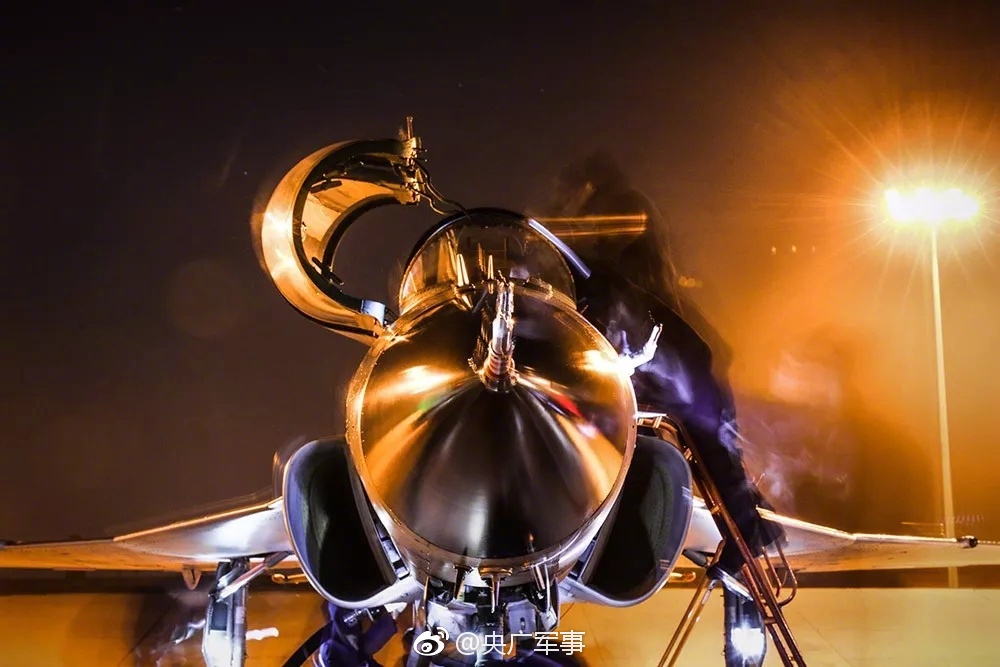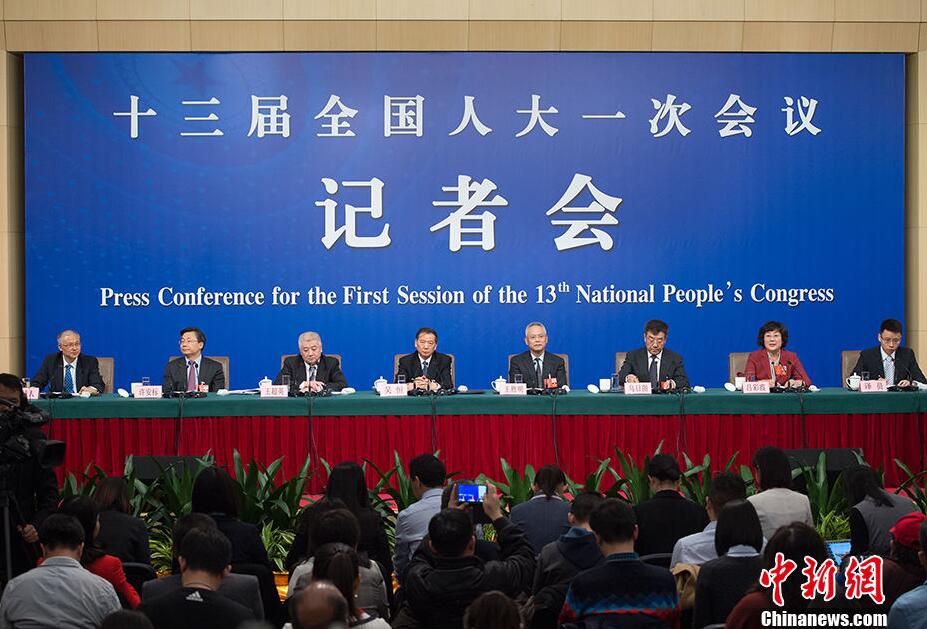
Logistics management refers to the application of the basic principles and scientific methods of management in the process of social reproduction, according to the laws of the physical flow of material information, and carry out logistics activities Plan, organize, command, coordinate, control and supervise, so that various logistics activities can achieve the best coordination and cooperation, so as to reduce logistics costs and improve logistics efficiency and economic benefits.
Logistics refers to the use of modern information technology and equipment to realize rationalized service models and advanced service processes. Logistics emerges with the emergence of commodity production and develops with the development of commodity production, so logistics is an ancient traditional economic activity.
Improve logistics efficiency and economic benefits. Modern logistics management is a professional discipline based on system theory, information theory and cybernology.

1. The application of system engineering in the field of logistics is as follows: Logistics technology in warehousing and distribution can greatly improve Flow efficiency and reduce logistics costs. Logistics technology includes acquisition technology, exchange technology, tracking technology and e-commerce.
2. Employment direction of logistics engineering majors After graduation, students in this major can carry out the planning and design of logistics systems, the research and development of logistics technical equipment, the analysis and control of logistics costs, etc. in logistics, transportation, machinery manufacturing and other enterprises.
3. Graduates can engage in warehousing equipment layout, inventory control, warehouse layout optimization and other work in the field of warehousing and logistics management.They can help enterprises improve warehousing efficiency and reduce inventory costs. Logistics information system and technology application: Graduates can engage in the development, management and application of logistics information system.
4. The development trend of logistics engineering will obviously approach informatization, and the application of big data and cloud computing technology will bring technical support to the internal resource allocation and optimization of logistics engineering.
1. Continuously strengthen the level of logistics information management and introduce advanced logistics management experience. Streamline the actual workflow. Now that the internal process has been sorted out, information transformation and construction should be carried out on this basis.
2. Enterprise management is the "supervisor" of logistics management. It supervises the operation of the logistics information system reasonably, legally and correctly by subordinate employees to ensure the smooth and efficient logistics. In other words, logistics information can clarify the responsibilities of staff, which is conducive to the management of employees' performance and other conditions.
3. Quotation management includes importing quotations and setting shipping methods. Operation management includes order recording, automatic minimum price division and adjustment, shipment, order exchange, return and other processes. Customer service management includes the processing and automatic inspection of problems.
4. The second level is management control, which requires focusing on functional measurement and reporting. Functional measurement is necessary to provide management feedback on service level and resource utilization. Therefore, management control involves evaluating past functions and identifying various options.
Modern logistics management is a professional discipline based on system theory, information theory and cybernetics.
Question 1: What does modern logistics management mean? Modern times Logistics refers to a new type of integrated management that integrates logistics activities such as information, transportation, warehousing, inventory, loading and unloading, and packaging. The task is to reduce the total cost of logistics as much as possible and provide the best service for customers.
Logistics refers to the use of modern information technology and equipment to realize rationalized service models and advanced service processes. Logistics emerges with the emergence of commodity production and develops with the development of commodity production, so logistics is an ancient traditional economic activity.
1. The logistics management system mainly solves the needs of daily office and project management for logistics companies, assists staff in daily logistics management and personnel management, improves management efficiency, reduces operating costs, and enhances the long-term competitiveness of enterprises.
2. Logistics information management system refers to the logistics management system of enterprises, including the information management system of third-party logistics. The system involves warehousing operation management, transportation and loading management, financial management, human resources management and other contents.
3. Logistics ERP management system refers to a logistics information management system developed based on the ERP concept and logistics business characteristics. It integrates the management of the logistics resources and processes of the enterprise, including transportation, warehousing, packaging, distribution, etc.
Logistics information management system refers to the information management system of enterprise logistics including third-party logistics. The system involves warehousing operation management, transportation and loading management, financial management, human resources management and other contents.
The logistics management system mainly solves the daily office and project management needs of logistics companies, assists staff in daily logistics management and personnel management, improves management efficiency, reduces operating costs, and enhances the long-term competitiveness of enterprises.
Logistics ERP management system refers to a logistics information management system developed based on the ERP concept and logistics business characteristics. It integrates the logistics resources and processes of the enterprise, including transportation, warehousing, packaging, distribution, etc.
The logistics erp management system includes the delivery business management module: waybill preparation, including the entry, printing, storage, classification, retrieval, statistics and other functions of waybills. The goods are transferred, and the receipt is directly diverted to the third-party carrier company for reconciliation of the transit goods.
Logistics information management system is an information management system specialized in the logistics management of enterprises, including third-party logistics. Judging from the development history of logistics, in the 1990s, the development of logistics technology was mainly reflected in equipment technology, including automated warehouses, container transportation, and large freight trucks. And the accompanying GPS and GIS technologies, etc.
Generally speaking, the ERP system is a management information system that comprehensively integrates logistics, capital flow and information flow.
Binance app-APP, download it now, new users will receive a novice gift pack.
Logistics management refers to the application of the basic principles and scientific methods of management in the process of social reproduction, according to the laws of the physical flow of material information, and carry out logistics activities Plan, organize, command, coordinate, control and supervise, so that various logistics activities can achieve the best coordination and cooperation, so as to reduce logistics costs and improve logistics efficiency and economic benefits.
Logistics refers to the use of modern information technology and equipment to realize rationalized service models and advanced service processes. Logistics emerges with the emergence of commodity production and develops with the development of commodity production, so logistics is an ancient traditional economic activity.
Improve logistics efficiency and economic benefits. Modern logistics management is a professional discipline based on system theory, information theory and cybernology.

1. The application of system engineering in the field of logistics is as follows: Logistics technology in warehousing and distribution can greatly improve Flow efficiency and reduce logistics costs. Logistics technology includes acquisition technology, exchange technology, tracking technology and e-commerce.
2. Employment direction of logistics engineering majors After graduation, students in this major can carry out the planning and design of logistics systems, the research and development of logistics technical equipment, the analysis and control of logistics costs, etc. in logistics, transportation, machinery manufacturing and other enterprises.
3. Graduates can engage in warehousing equipment layout, inventory control, warehouse layout optimization and other work in the field of warehousing and logistics management.They can help enterprises improve warehousing efficiency and reduce inventory costs. Logistics information system and technology application: Graduates can engage in the development, management and application of logistics information system.
4. The development trend of logistics engineering will obviously approach informatization, and the application of big data and cloud computing technology will bring technical support to the internal resource allocation and optimization of logistics engineering.
1. Continuously strengthen the level of logistics information management and introduce advanced logistics management experience. Streamline the actual workflow. Now that the internal process has been sorted out, information transformation and construction should be carried out on this basis.
2. Enterprise management is the "supervisor" of logistics management. It supervises the operation of the logistics information system reasonably, legally and correctly by subordinate employees to ensure the smooth and efficient logistics. In other words, logistics information can clarify the responsibilities of staff, which is conducive to the management of employees' performance and other conditions.
3. Quotation management includes importing quotations and setting shipping methods. Operation management includes order recording, automatic minimum price division and adjustment, shipment, order exchange, return and other processes. Customer service management includes the processing and automatic inspection of problems.
4. The second level is management control, which requires focusing on functional measurement and reporting. Functional measurement is necessary to provide management feedback on service level and resource utilization. Therefore, management control involves evaluating past functions and identifying various options.
Modern logistics management is a professional discipline based on system theory, information theory and cybernetics.
Question 1: What does modern logistics management mean? Modern times Logistics refers to a new type of integrated management that integrates logistics activities such as information, transportation, warehousing, inventory, loading and unloading, and packaging. The task is to reduce the total cost of logistics as much as possible and provide the best service for customers.
Logistics refers to the use of modern information technology and equipment to realize rationalized service models and advanced service processes. Logistics emerges with the emergence of commodity production and develops with the development of commodity production, so logistics is an ancient traditional economic activity.
1. The logistics management system mainly solves the needs of daily office and project management for logistics companies, assists staff in daily logistics management and personnel management, improves management efficiency, reduces operating costs, and enhances the long-term competitiveness of enterprises.
2. Logistics information management system refers to the logistics management system of enterprises, including the information management system of third-party logistics. The system involves warehousing operation management, transportation and loading management, financial management, human resources management and other contents.
3. Logistics ERP management system refers to a logistics information management system developed based on the ERP concept and logistics business characteristics. It integrates the management of the logistics resources and processes of the enterprise, including transportation, warehousing, packaging, distribution, etc.
Logistics information management system refers to the information management system of enterprise logistics including third-party logistics. The system involves warehousing operation management, transportation and loading management, financial management, human resources management and other contents.
The logistics management system mainly solves the daily office and project management needs of logistics companies, assists staff in daily logistics management and personnel management, improves management efficiency, reduces operating costs, and enhances the long-term competitiveness of enterprises.
Logistics ERP management system refers to a logistics information management system developed based on the ERP concept and logistics business characteristics. It integrates the logistics resources and processes of the enterprise, including transportation, warehousing, packaging, distribution, etc.
The logistics erp management system includes the delivery business management module: waybill preparation, including the entry, printing, storage, classification, retrieval, statistics and other functions of waybills. The goods are transferred, and the receipt is directly diverted to the third-party carrier company for reconciliation of the transit goods.
Logistics information management system is an information management system specialized in the logistics management of enterprises, including third-party logistics. Judging from the development history of logistics, in the 1990s, the development of logistics technology was mainly reflected in equipment technology, including automated warehouses, container transportation, and large freight trucks. And the accompanying GPS and GIS technologies, etc.
Generally speaking, the ERP system is a management information system that comprehensively integrates logistics, capital flow and information flow.
OKX Wallet app download for Android
author: 2025-02-02 19:29 Binance download APK
Binance download APK
533.63MB
Check Binance login App
Binance login App
495.49MB
Check Binance APK
Binance APK
391.98MB
Check OKX app
OKX app
174.54MB
Check Binance app
Binance app
718.89MB
Check OKX Wallet apk download
OKX Wallet apk download
342.49MB
Check Binance download
Binance download
184.23MB
Check OKX Wallet apk download latest version
OKX Wallet apk download latest version
316.77MB
Check OKX Wallet extension
OKX Wallet extension
689.16MB
Check Binance app
Binance app
154.32MB
Check OKX Wallet
OKX Wallet
928.13MB
Check Binance app
Binance app
672.48MB
Check OKX download
OKX download
893.48MB
Check Binance exchange
Binance exchange
179.62MB
Check Binance app
Binance app
446.18MB
Check OKX Wallet login
OKX Wallet login
758.86MB
Check Binance app
Binance app
526.88MB
Check Binance app
Binance app
341.42MB
Check Binance download APK
Binance download APK
834.51MB
Check Binance login
Binance login
983.81MB
Check Binance Download for PC
Binance Download for PC
553.14MB
Check Binance download
Binance download
379.51MB
Check Binance Download for PC Windows 10
Binance Download for PC Windows 10
917.43MB
Check OKX app
OKX app
832.84MB
Check OKX Wallet apk download latest version
OKX Wallet apk download latest version
787.73MB
Check Binance market
Binance market
342.61MB
Check OKX app
OKX app
284.33MB
Check Binance APK
Binance APK
521.39MB
Check Binance app download Play Store
Binance app download Play Store
149.97MB
Check Binance app download Play Store
Binance app download Play Store
577.23MB
Check Binance market
Binance market
652.35MB
Check OKX Wallet download
OKX Wallet download
157.45MB
Check Binance wikipedia
Binance wikipedia
911.11MB
Check OKX Wallet apk download latest version
OKX Wallet apk download latest version
777.86MB
Check Binance download APK
Binance download APK
953.72MB
Check Binance download
Binance download
161.81MB
Check
Scan to install
Binance app to discover more
Netizen comments More
2852 人不可貌相网
2025-02-02 19:39 recommend
1219 秋月春花网
2025-02-02 19:28 recommend
1214 非意相干网
2025-02-02 19:10 recommend
2476 断烂朝报网
2025-02-02 18:35 recommend
2460 祁奚之荐网
2025-02-02 18:34 recommend